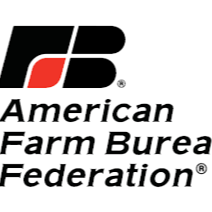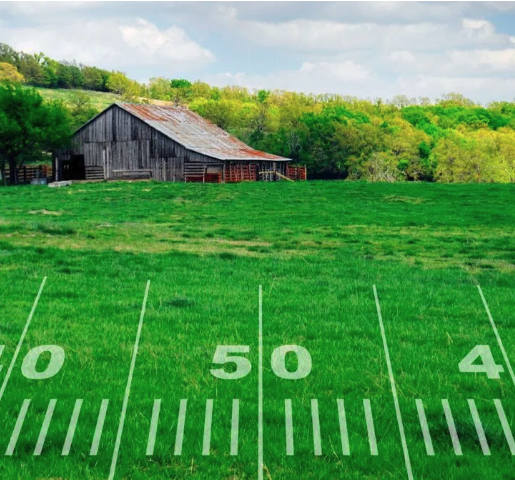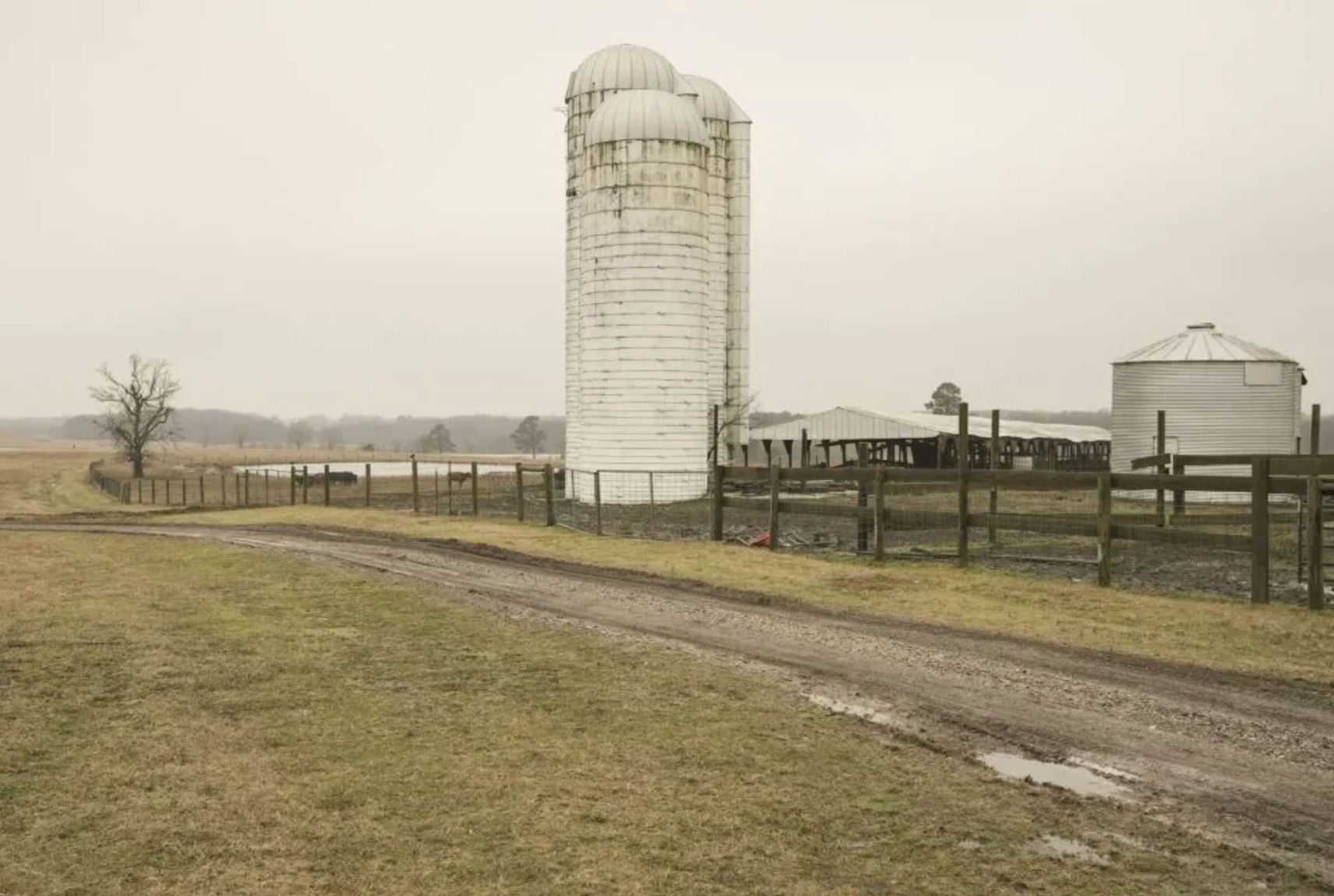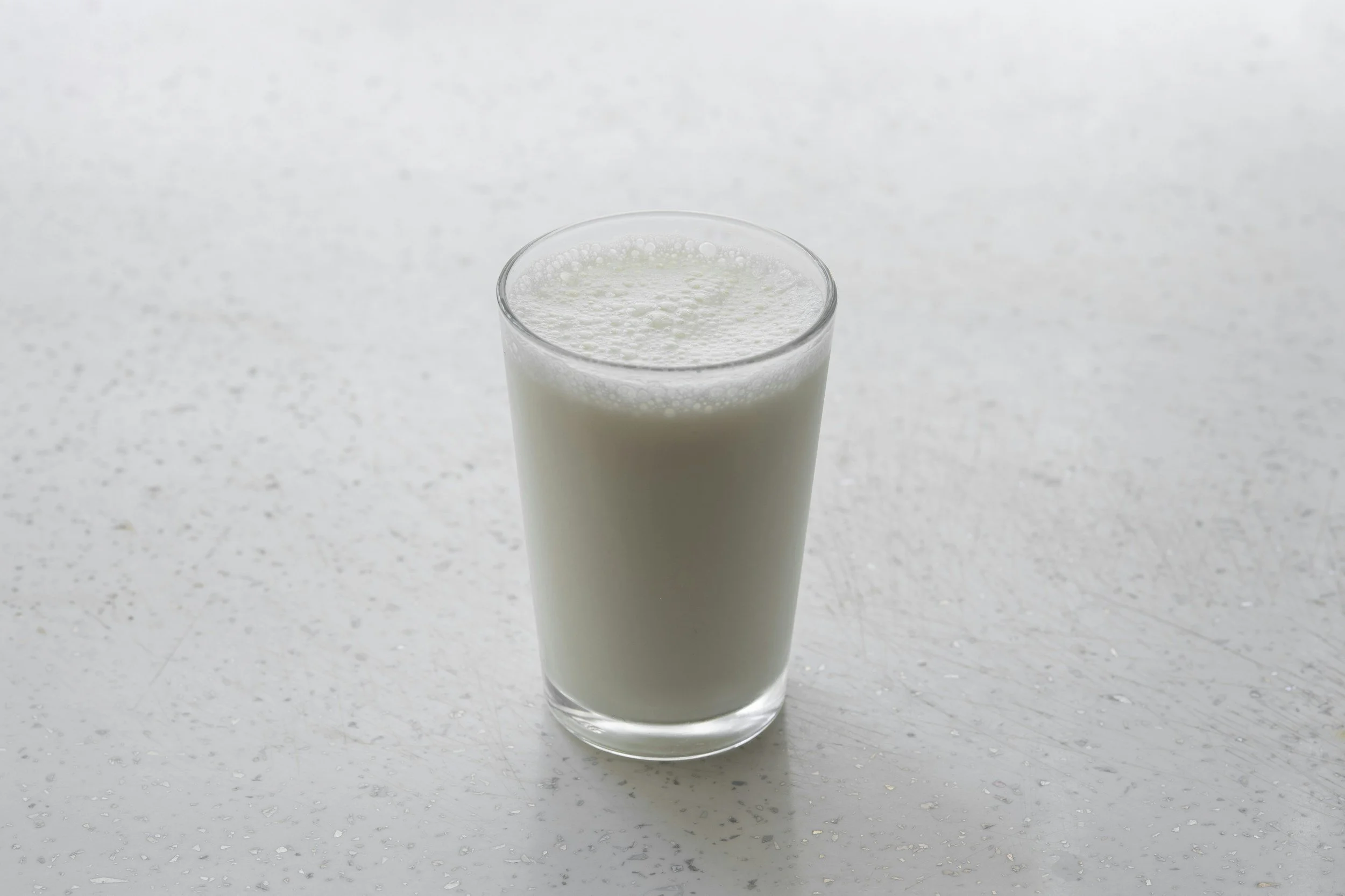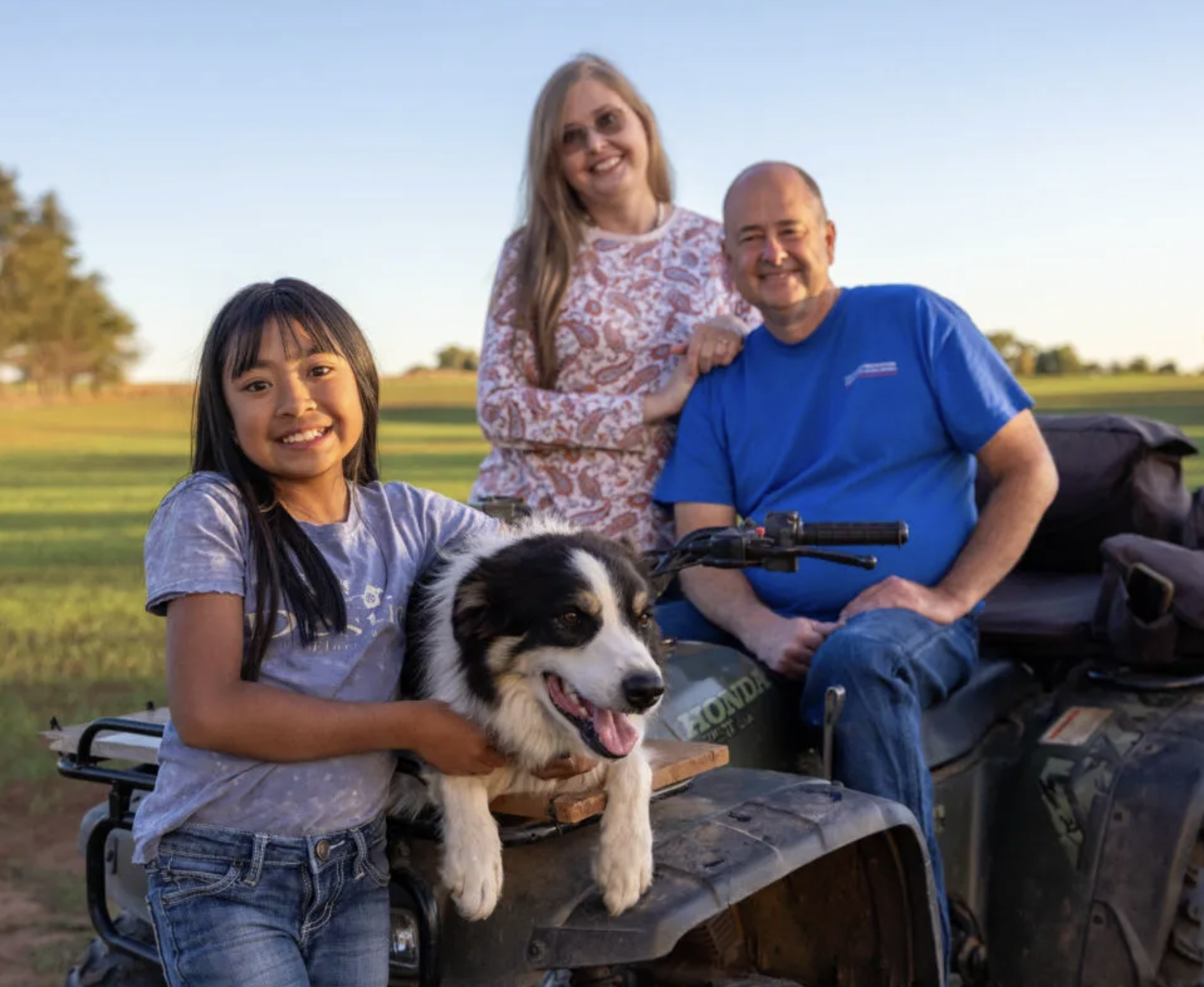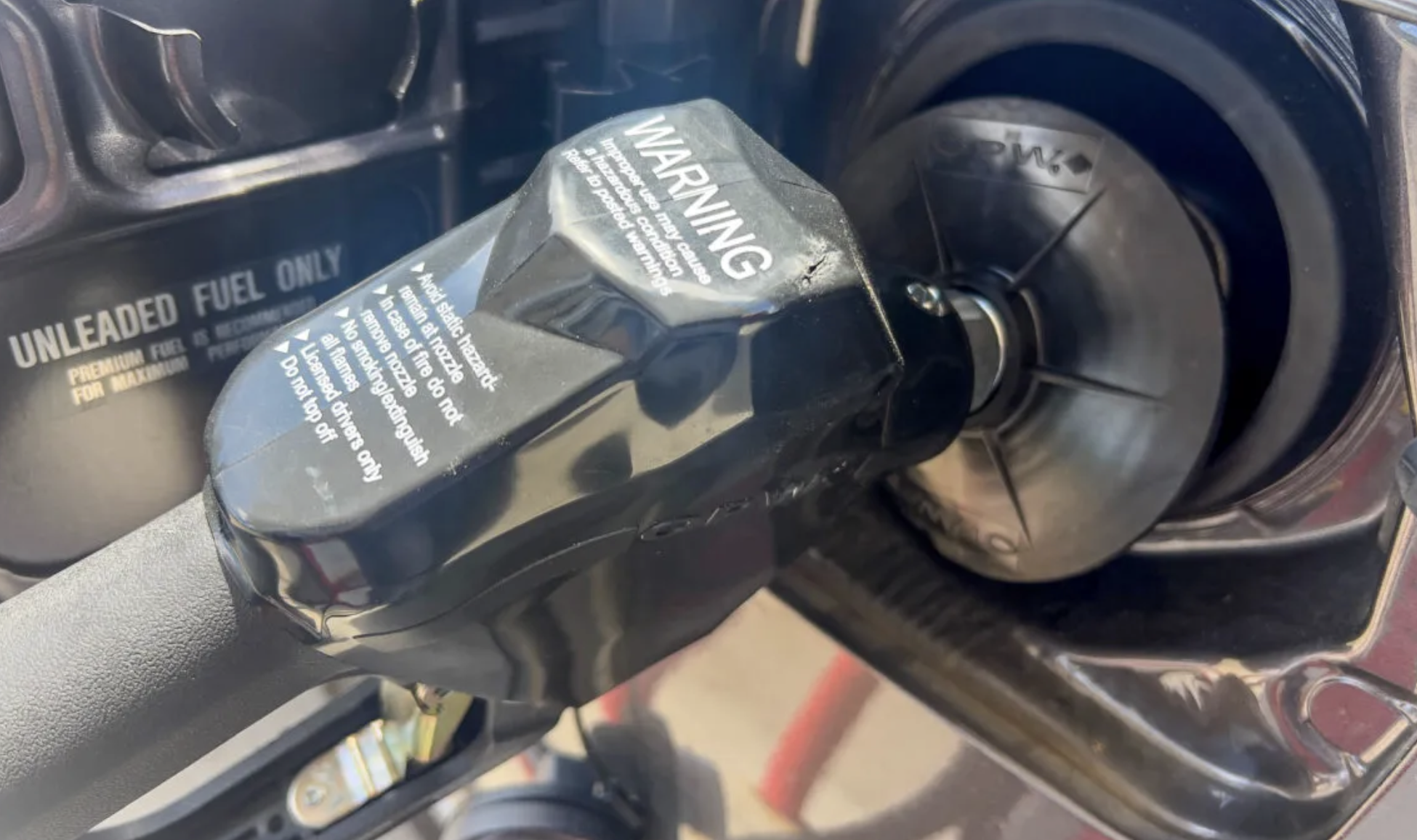American Farm Bureau Federation President Zippy Duvall commented today on EPA finalizing the registration of dicamba products.
Read MoreSunday’s big game will be the main focus for millions of America’s families, but what they eat during the game will be a close second. The NFL championship represents the second-highest day of food consumption, behind only Thanksgiving.
Read MoreThe 107th Annual American Farm Bureau Federation Convention, held January 10-12, 2025, featured a historic display of bipartisanship and a firm commitment to agricultural relief. Highlighting the event were two major sessions: a first-of-its-kind congressional roundtable and a closing address from the nation’s top agricultural official.
Read MoreAmerican Farm Bureau President Zippy Duvall highlights the urgent need for legislation expanding the bridge support program for farmers, reinforced by new analysis indicating the economic crisis in farm country is likely to continue this year.
Read MoreAmerican Farm Bureau Federation President Zippy Duvall commented on President Trump signing the Whole Milk for Healthy Kids Act into law.
Read MoreAgriculture groups sound an alarm about the economic crisis in rural America in a letter sent today to Congress. 56 organizations representing a cross-section of agriculture signed the letter, sending a strong message to Congress.
Read MoreFarmer and rancher delegates to the American Farm Bureau Federation’s 107th Convention today adopted policies to guide the organization’s work in 2026. Key topics ranged from labor to animal health to risk management.
Read MoreLouisiana-based startup company, FarmMind has been named the winner of The Farm Bureau Ag Innovation Challenge and will be leaving the 2026 American Farm Bureau Convention with $100,000 in startup funds.
Read MoreRecognizing the vital role that four-legged friends often play on family farms and ranches, Farm Bureau launched the Farm Dog of the Year contest several years ago – now a popular feature of the American Farm Bureau Convention.
Read MoreThe Farm Bureau Ag Innovation Challenge, now in its 12th year, provides opportunities for Farm Bureau members to showcase business innovations being developed for agriculture. Louisiana-based FarmMind is the winner of this year’s competition. The American Farm Bureau Federation, in partnership with Farm Credit, announced the winner from among four finalists at the 2026 American Farm Bureau Convention.
Read MoreSeveral thousand farmer and rancher Farm Bureau members will soon gather for a much-anticipated “Farm Bureau Family Reunion” aka the American Farm Bureau Convention, slated for Jan. 9-14 in Anaheim, California.
If you will not be in Anaheim, digital access can provide a feel for the lights, sights and sounds of this inspiring annual event. Check out a digital version of the convention program here.
Read MoreFarmMind, an agricultural intelligence platform rooted in Louisiana’s sugarcane country, has been selected as a Final Four competitor in the 2026 Farm Bureau Ag Innovation Challenge, a national business competition hosted by the American Farm Bureau Federation in partnership with Farm Credit.
Read MoreThe 2026 American Farm Bureau Convention is officially underway. The convention is being held through Jan. 14 in Anaheim, California, with a full slate of inspiring speakers, educational workshops and cutting-edge trade show displays.
Read MoreIn a letter sent today to congressional leadership, a coalition of more than 70 biofuel groups and agricultural organizations called for the immediate passage of legislation to allow year-round nationwide sales of the American-made E15 fuel blend, containing 15 percent ethanol. Year-round E15 would benefit drivers with savings of 10 to 30 cents per gallon and improve markets for America’s farmers.
Read MoreFarmers need rules that clearly define federal jurisdiction of Waters of the United States (WOTUS). The American Farm Bureau Federation today submitted comments to the Environmental Protection Agency (EPA) and the Army Corps of Engineers, detailing the impact WOTUS has on farmers and elements that must be included in the new proposed rule to ensure it can withstand future legal challenges.
Read More
